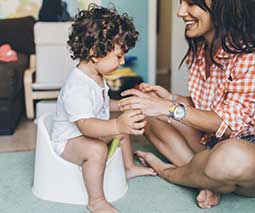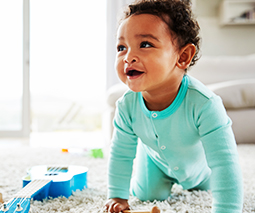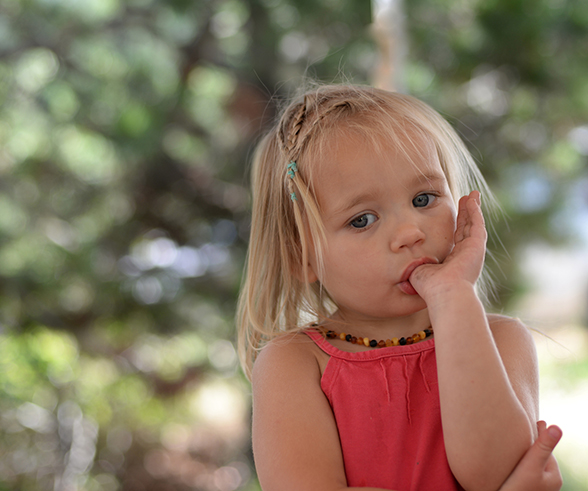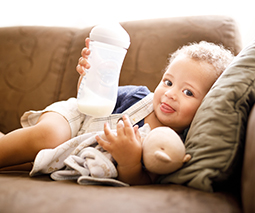Why it’s impossible to love your baby too much
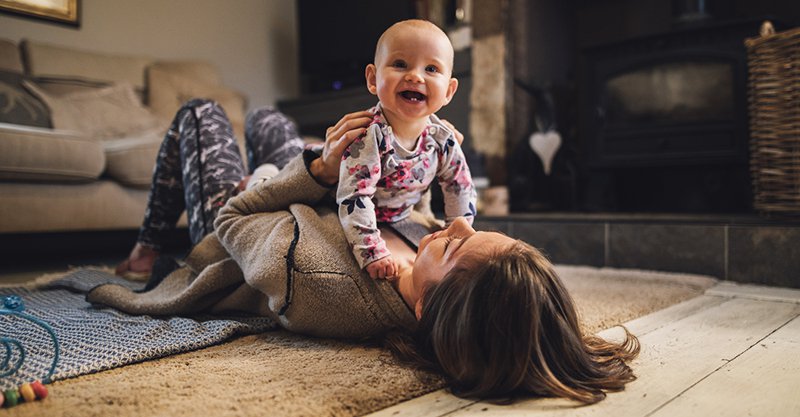
With all the conflicting parenting information around, it’s so easy to get confused about how to raise a happy, secure child. Although our instincts tell us to love and cuddle our baby as much as possible, when you get advice telling you that you’re doing it too much and setting up problems for down the track, it can be hard not to second-guess yourself.
But all that cuddling and picking up your baby when she cries helps develop a strong emotional bond between you and your baby, which is essential for a healthy attachment. This means your baby learns to feel secure and trusts that you are there to support her, meet her needs and help her work through her feelings.
Can you love your baby too much?
Many parents worry that doing too much of this will mean that their baby will become dependent on them and not be able to work through their own problems as an older child. But the truth is, developing a deep, secure attachment with your baby or young child will help them be a confident, resilient kid. It’s a bit of a paradox, which is why at first it doesn’t seem to make sense. Of course, you want to raise your baby to be his own person and to one day exists independently from you. But in order to do this successfully, your baby needs to know you are there for them, unconditionally.
As they grow older …
According to Dr Deborah MacNamara, it’s normal and healthy for young children to be highly dependent on us as they are not self-sufficient and require parental help with everything from toileting to preparing food to helping them understand their feelings. Once your child takes for granted that you will always be there for them, they are free to move forward and gain independence.
‘Attachment is meant to make our kids dependent on us so that we can lead them,’ she wrote in a recent article for Motherly. ‘Fulfilling their dependency needs actually pushes them towards independence.’ Knowing that they can depend on us, means they won’t be worried about seeking connection with us. They will already have this and understand that we’re there for them whenever they need us.
This translates to your older child feeling confident enough to try a new task on their own, spend time playing unsupervised or tackling that first day at school without you.
Practical ways to enhance attachment with your child:
- Spend focused time with your child, even if it’s just for a short period each day. This could be in the form of playing a game, reading a book, or helping build blocks. Young children need us to explore the world with them if they are to one day do it on their own.
- Use physical touch to convey affection. You’d be surprised at how much your child loves having his hair ruffled or a gentle pat on the back as he walks by. All children like to cuddle on the couch or snuggle up to you while you read to them. Appropriate physical contact communicates love and connection.
- If your child exhibits unacceptable behaviour, let them know that the behaviour is not okay but the relationship still is. If possible, avoid using a time-out strategy, which removes them from you. A time-in strategy, where the two of you spend time calming down and discussing the behaviour will be more effective.
- Consistently demonstrate warmth, love and delight in your child (no matter how old). This means offering a positive response whether your baby is content or unhappy, which communicates that you are comfortable with whatever feelings they’re experiencing.
- When necessary, take charge – your child needs to know you can control a situation when they’re feeling out of control, such as during a tantrum. Developing a secure attachment isn’t about giving into demands but about responding to their needs.
